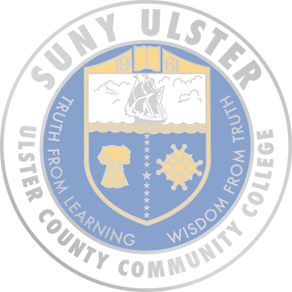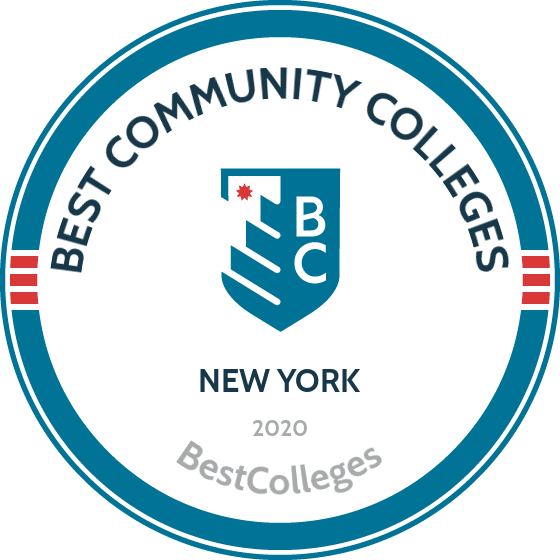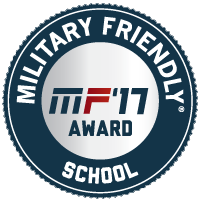Courses
215 courses found when searching within the Fall 2024 semester.
page = 10Psychology of Adolescence
PSY 206
Students focus on human development during the segment of the life span from puberty to early adulthood and investigate the physical, social/cultural, cognitive, moral, and emotional dimensions of development during this period. In addition, the interrelationships of these dimensions are studied, along with their impact on situations where adolescents live and function, such as the family, school, peer group, and society. PSY 206 is not open to students who have completed 6 credits from both PSY 210 and PSY 200. Prerequisite: PSY 101; and ENG 101.
Intro to Forensic Psychology
PSY 209
This course introduces students to the field of forensic psychology and promotes an understanding of the relationship between psychology and the law. It provides students with a fundamental understanding of psychological theory and research methods. An emphasis is placed on the application of psychological principles to specific topics such as mass murder and serial killing, false confessions, theories of aggression and criminal psychopathology, eyewitness testimony, determination of insanity and competency, and rape trauma syndrome. The course promotes an interdisciplinary approach for students who intend to pursue careers or further academic study in psychology, social work, law enforcement, or other criminal justice professions. Prerequisite: PSY 101; and ENG 101.
Life Span Development
PSY 210
Physical, cognitive, emotional, and social development of the individual across the life cycle are covered in this course. Students examine challenges and issues associated with each stage of development and the impact of social and cultural dynamics on the individual. Because of duplication of material, PSY 210 is not open to students who have completed 6 credits from PSY 200 and PSY 206. Prerequisite: PSY 101; and ENG 101.
Special Topics in Psychology
PSY 270
This course will allow for the exploration of special topics in the field and more concentrated study within the discipline. Each course will emphasize a basic understanding of content, concurrent with the development of critical thinking skills in the analysis of relevant issues. Special topics courses may be taken twice for credit. The College’s repeat course policy does not apply. Prerequisite: PSY 101; and ENG 101.
Environmental Themes
SCI 104
Designed for the non-science major, this course provides students with a basic understanding of how various aspects of the global natural environment interconnect with each other and with human society. Emphasis is placed on sustainable technological, economic, and social solutions to environmental dilemmas. Such topics as resource management, energy sources, pollution control, water resources, legal aspects, economics, ethics, principles of equity and, and social justice are covered.
Intro-Food and Nutrition
SCI 110
Basic information about cellular organization, function, and requirements, and about how these factors influence the body’s growth, maintenance, and repair is presented in this non-laboratory course for non-science majors. Topics include the environmental conditions and nutrient requirements for life; digestion, absorption, and metabolism of food and the essential nutrients; food quality, deterioration, and preservation; food laws and government regulations; the clinical results of poor nutrition; and the potential benefits of proper nutrition.
Basic ASL for Healthcare Work
SGN 110
This fully seated 7-week express course designed to teach basic American Sign Language communication skills to students going into or already established in the healthcare field. The course will focus on medical and healthcare related vocabulary and phrases with the intent to prepare healthcare professionals with the skills needed to respectfully and successfully communication with Deaf and hard of hearing individuals BEFORE the ASL interpreter arrives to a medical situation.
Beginning Sign Language I
SGN 113
Students gain experience with contact sign and are introduced to American Sign Language (ASL). They learn the use of the manual alphabet for finger-spelling and how to develop vocabulary through sign production. Students become familiar with the history of sign language and gain an understanding of effective facial expressions. Prerequisite or corequisite: ENG 101.
Beginning Sign Language II
SGN 114
A continuation of SGN 113, students continue to develop vocabulary and gain extensive experience in signing situations created by the instructor. Signing simple songs and stories, as well as receptive reading of the signed stories of classmates will be practiced in small group activities. Prerequisite: SGN 113 or by advisement.
Principles of Sociology
SOC 101
Students learn and use basic perspectives and research methods of sociology in examining individual and group interactions and institutions. This course concentrates on such topics as culture, the social origins of the self, collective behaviors and social movements, and social stratification.
Criminology
SOC 203
The different patterns, definitions, and theories of crime are critically examined. The strengths and limitations of crime statistics and society's responses to crime are also reviewed. Prerequisite: SOC 101. Prerequisite or Corequisite: ENG 101
Social Problems
SOC 206
Students use a sociological perspective to critically analyze how social issues and problems are developed and changed. This course focuses on such topics as crime and violence, racial and ethnic inequality, gender inequality, aging, employment, poverty, healthcare, and drug and alcohol use. Prerequisite: SOC 101. Prerequisite or Corequisite: ENG 101
Elementary Spanish I
SPA 101
A four-skills approach (listening, speaking, reading, writing) is taken in this introductory course for beginners. Communication in Spanish is emphasized and regular practice with language tapes and videos forms an integral part of the course. SPA 101 is not open to students with two or more years of high school Spanish except by advisement.
Elementary Spanish II
SPA 102
In this second-level course for students who already have some knowledge of Spanish, the focus is on the use of the preterite and imperfect to talk the about the past. In addition, students learn to use the future, the conditional, and the subjunctive in everyday conversations. Regular practice with language tapes and videos forms an integral part of the course. Recommended: Two years of high school Spanish, the equivalent of SPA 101 or SPA 110, or by advisement.
Accel Elem Spanish I & II
SPA 115
This is a review course for students who have taken high school Spanish, but who do not have the language skills necessary for placement in SPA 102 or SPA 111. Communication in Spanish is emphasized and regular practice with language tapes and videos forms an integral part of the course. The course is intended to satisfy two semester language requirements. It meets for six hours a week. Prerequisite: One to two years of high school Spanish or by advisement.
Intermediate Spanish I
SPA 201
Improvement in speaking, reading, and writing Spanish is stressed in this course for students who can already communicate orally in simple Spanish and who have a good knowledge of basic Spanish grammar. Students read articles from Spanish newspapers and magazines and simple short stories. In addition, they review Spanish grammar and practice, applying it in conversations, reports, and compositions. Recommended: Three to four years of high school Spanish; the equivalent of SPA 102, SPA 111, or SPA 115; or by advisement.
Adv Spanish Grammar/Comp
SPA 208
Students review and consolidate their understanding of Spanish grammar to improve their ability to express themselves in written Spanish. The course is conducted entirely in Spanish. Prerequisite: SPA 202 or by advisement.
Introduction to Acting
THE 110
A practical introduction to the actor's technique and performance skills, this course aspires to nurture a supportive and stimulating environment in which students can explore and practice the elements and disciplines necessary to begin formal training as an actor. The focus in this course will be on physical and vocal exercises and improvisation, as well as basic text and character analysis. By utilizing these tools, cultivating powers of observation, and stressing and applying the actor's goal to define the specific intention rendered by the most effective action, we will methodically work toward the mapping of the character's journey through the text. This course offers methods geared to help students get the most out of themselves and disciplines required to train their "acting instruments" (body and voice) to be more responsive, so that they possess a wider range of communications skills. The goal of the course is to introduce the student-actor to the technique necessary to master the basic discipline of truthful behavior in imaginary circumstances.
Veterinary Medical Terminology
VTS 111
This course presents a study of basic veterinary medical terminology. The primary purpose is for the students to be able to analyze a word, to determine its meaning and to use it properly, therefore preparing the student for future classes in veterinary science.
Pet CPR and First Aid
VTS 147
This course provides an overview on how to manage a life-threatening medical emergency that may occurs with dogs and cats in your cat. It focuses on how to keep the animal alive or prevent its condition from getting worse prior to arriving at a veterinary facility. The course topics include safety techniques for working with sick/injured animals, proper restraint of an injured or sick animal, assessment of vitals (temperature, pulse, respiration, crt) to determine normal vs abnormal, emergency first aid for common medical emergencies and CPR for dogs and cats.
page = 10




